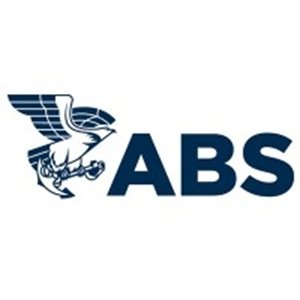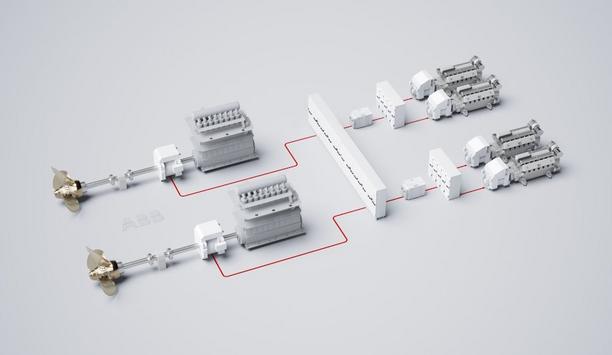New nuclear reactor technology represents a once-in-a-generation opportunity for U.S. industrial policy. Vessels propelled by advanced small modular reactors (SMR) could act as a catalyst for the revitalisation of U.S. shipbuilding.
That is the view of ABS Chairman and CEO Christopher J. Wiernicki, who believes the next step is the development of a marinised SMR demonstrator.
New industrial policy
“It is a key transformational technology. It changes the commercial model, the economics of shipping, the operation of the vessels and their design."
"So, while it is a global story, this is also a domestic U.S. story, bringing together national energy and economic security and acting as a catalyst for new industrial policy amid the reinvigoration of U.S. shipbuilding,” said Wiernicki.
Life of a vessel
SMR technology was a huge chance for U.S. shipbuilding but there remained much work to support
“New nuclear can be highly competitive. The economics are compelling over the life of a vessel when you account for fuel differentials, the cost of compliance and residual value, it costs roughly the same as fossil options,” he added.
He explained that SMR technology was a huge opportunity for U.S. shipbuilding but there remained much work to support its adoption.
New nuclear’s potential
“New nuclear could be U.S. shipbuilding’s secret weapon, but we need to invest in the technology, and we need a new nuclear playbook to make it happen."
"We have to separate the commercial approach from the military and land-based applications from marine and enhance public engagement and education.” Regulation and licencing are going to be key to unlocking new nuclear’s potential.
International licencing standards
Wiernicki said: “Current regulations are designed for large land-based reactors, specific technologies and domestic deployment. So, we need to look at the regulatory gaps and develop a dedicated framework to support SMRs and a global collaboration for international licencing standards.”
ABS published the industry’s first comprehensive rules for floating nuclear power in October last year.











